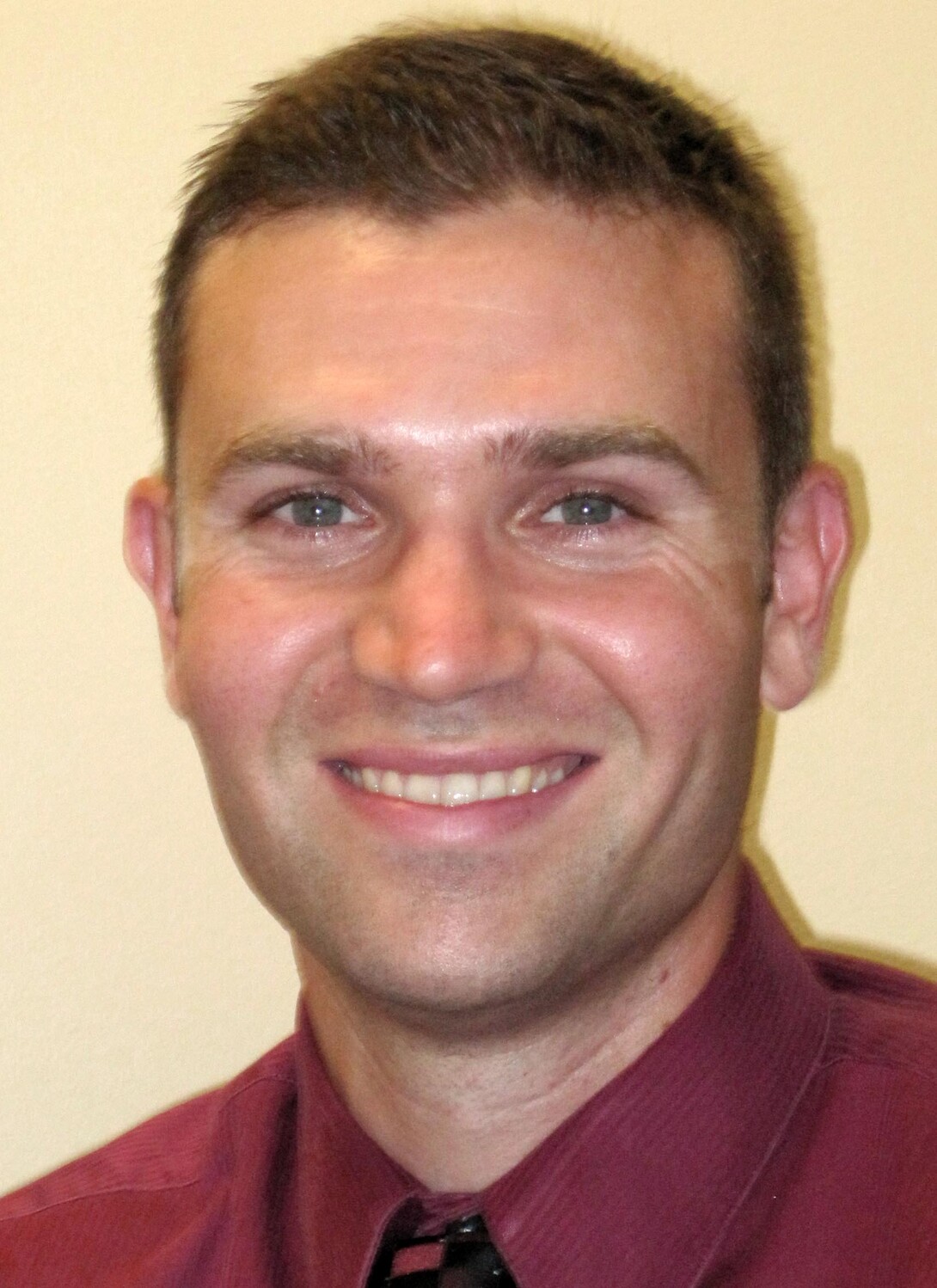
The less you sleep, the more you eat.
That’s the conclusion in a new article by University of Nebraska-Lincoln psychology researchers Alyssa Lundahl and Timothy Nelson. The study, which reviewed a mountain of literature, demonstrated how sleep or lack of it affects multiple mechanisms that control food intake.
Lundahl, a graduate student in clinical psychology, said it’s known that sleep and obesity are related, but less is known about the pathways between disrupted sleep and obesity.
“We know that sleep impacts biological, emotional, cognitive and behavioral mechanisms,” Lundahl said. “We also know that all of those mechanisms impact food intake, but no studies have looked at the entire pathway, from sleep to food intake with these mechanisms in the middle.”
By reviewing more than 50 studies, Lundahl and Nelson, assistant professor of psychology, demonstrated that sleep problems increase food intake through biological, cognitive, emotional and behavioral pathways and that empirical research needs to more closely examine their effect on food intake.
Biologically, disrupted sleep impacts the hormones that control hunger and can predispose a person to overeat. Losing sleep can leave someone feeling more emotional and wanting to eat to feel better, because food intake can release feel-good chemicals in the brain. Behaviorally, a person may be more impulsive, which can lead to overeating and if cognitively impaired because of a bad night’s sleep, a person may lack good judgment in their eating choices.
The study looked at both adults and children and found that the mechanisms of eating habits in both populations were similar. It also demonstrates that health-care providers may have an additional tool to combat diseases like diabetes and heart disease, which often strike overweight and obese people.
“In terms of treating chronic conditions, it could be that instead of focusing solely on diet, which is usually the case, health-care providers should maybe take a closer look at sleep,” Lundahl said. “Sleep could be the reason that their diet is off and needs to be considered.”
The study, “Sleep and food intake: A multisystem review of mechanisms in children and adults,” was published in the Journal of Health Psychology this month.








